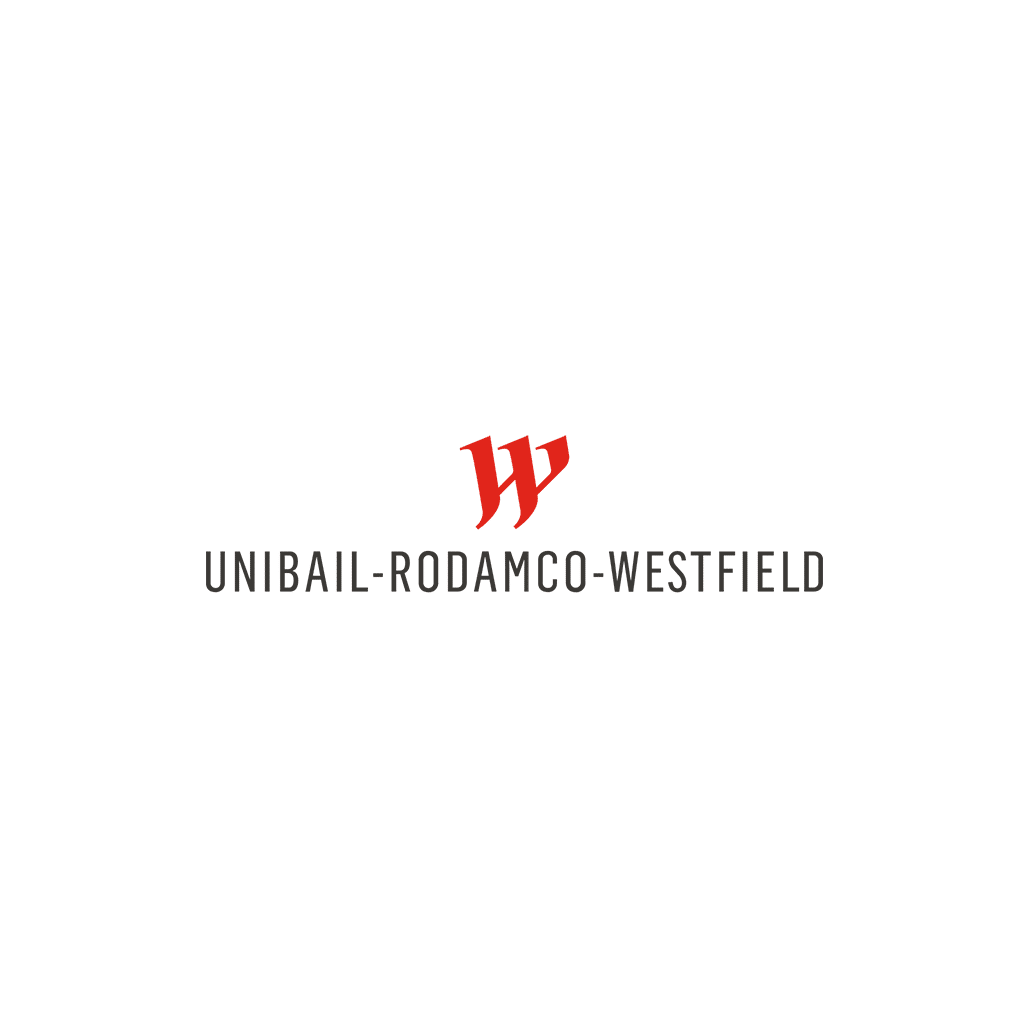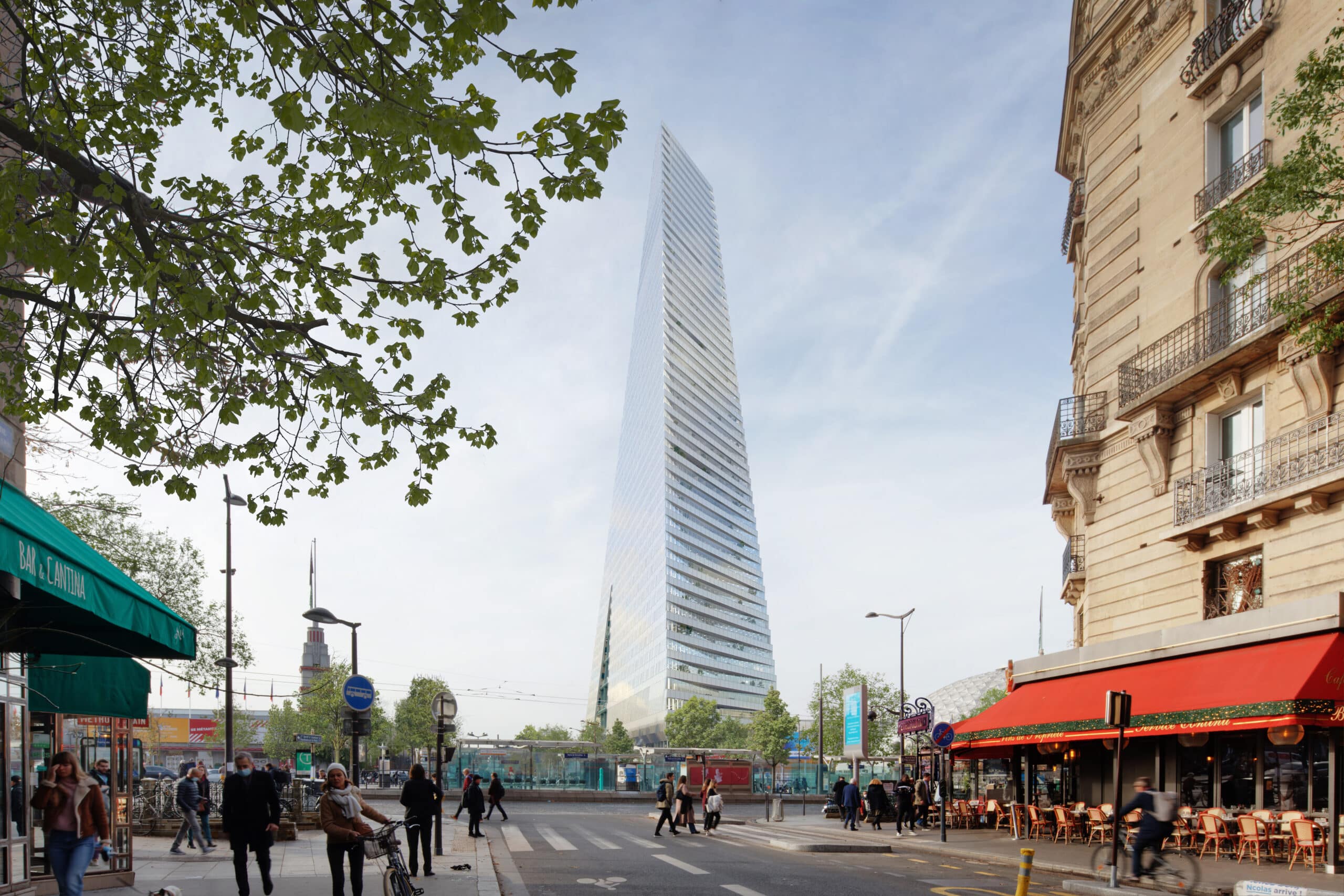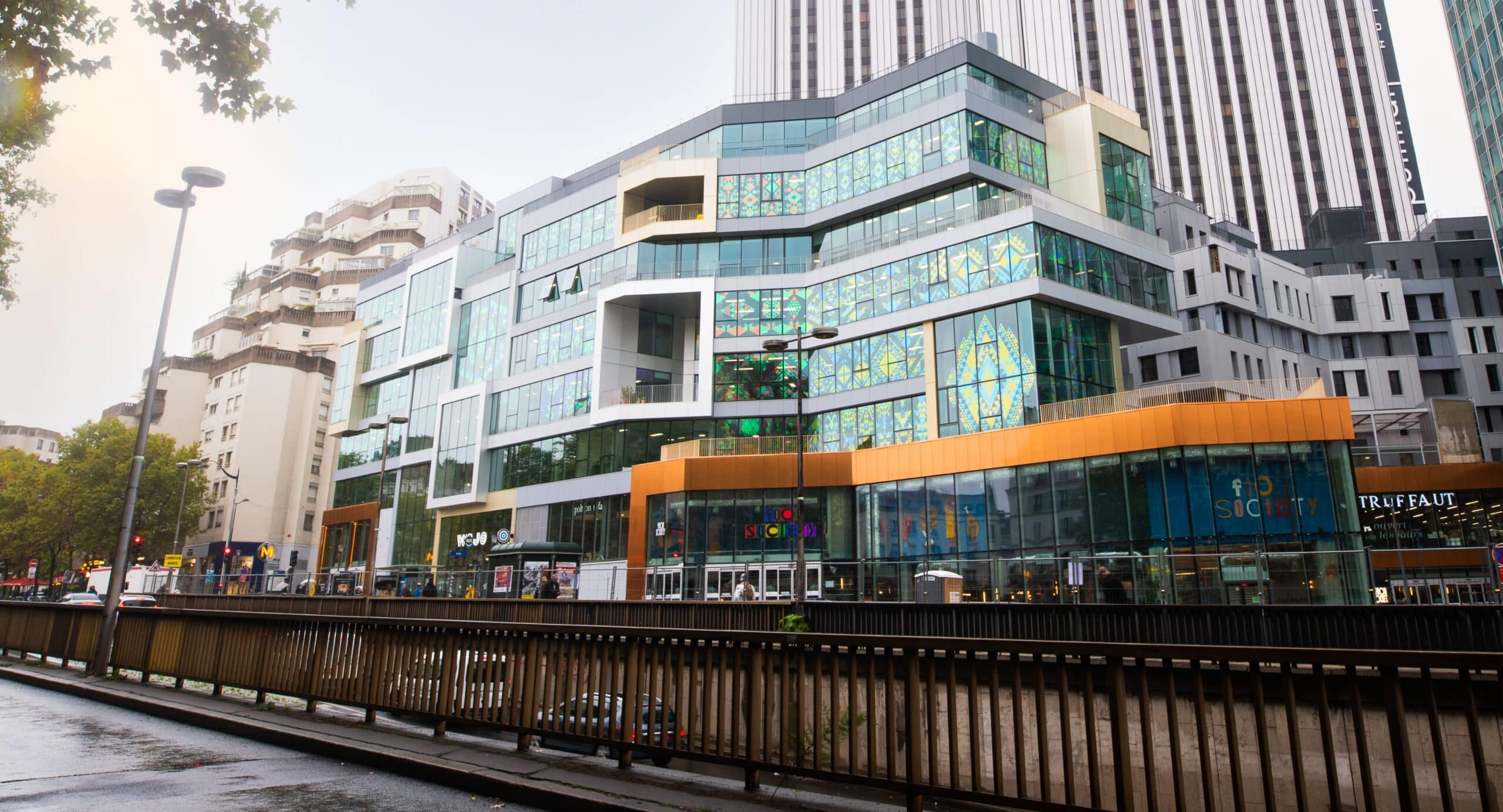Zero Waste to landfill by 2025

Terms of the action or commitment
Unibail-Rodamco-Westfield has been committed to waste reduction and recovery objectives since 2012, with the launch of pilot actions. In 2016, Unibail-Rodamco-Westfield strengthened its objectives for 2020, by amplifying and generalizing actions that have proven their effectiveness:
• In order to improve sorting at source (quantity and quality) by retailers / tenants of shopping centres, a system of individual invoicing on the basis of unsorted ordinary waste, thanks to the weighing of retailers’ waste (polluter-pays incentive).
• signing contracts with waste management service providers that include minimum sorting objectives, as well as reporting and traceability of waste
• green leases: integration of environmental clauses in retail leases, to ensure compliance with the waste management/sorting policy in force on site.
In 2015, Unibail-Rodamco-Westfield shopping centres had an average recycling rate of 32%, and 82% of waste was recycled or recovered (with a recycling rate of 26% for France, and 62% of waste recovered/recycled).
• In order to improve sorting at source (quantity and quality) by retailers / tenants of shopping centres, a system of individual invoicing on the basis of unsorted ordinary waste, thanks to the weighing of retailers’ waste (polluter-pays incentive).
• signing contracts with waste management service providers that include minimum sorting objectives, as well as reporting and traceability of waste
• green leases: integration of environmental clauses in retail leases, to ensure compliance with the waste management/sorting policy in force on site.
In 2015, Unibail-Rodamco-Westfield shopping centres had an average recycling rate of 32%, and 82% of waste was recycled or recovered (with a recycling rate of 26% for France, and 62% of waste recovered/recycled).
Levers mobilized for circular economy (according to Ademe)
Implementation timeline
Starting year
2019
Ending year
2025
Main actors mobilized
Internal actors
- Technical teams in charge of shopping centre operations
External actors
- Retailers / tenants (for selective sorting)
- Cleaning service providers (for customer waste collection)
- Waste management service providers (for removal and recycling)
- Special waste treatment channels
Geographic area
All assets located in the countries in which URW operates.
Photo / Video
2022 follow-up of the action
Date of follow-up
01/04/2022
Methods of validation of the follow-up
Internal monitoring with verification of quantitative performance by an independent third party.
Status of the action
In progress
Completed
a) Results
Achieved
Partially achieved
Not achieved
b) Numerical / Qualitative information
Cancelled
Explanations
Comparison with the projected pace in the last publications
Keeping up with the times
In advance
Delayed
Partial / Final results
In 2021, almost 70% of waste was recovered, either energetically or through recycling (reuse, recycling of materials and biodegradable waste). Today, more than 30 shopping centres no longer send their waste to landfill.
Appropriate waste sorting facilities are in place at all assets and most assets are equipped with specific sorting facilities and treatment solutions for organic waste, which represents 43% of the total amount of waste generated by the Group.
Tenants are regularly informed and made aware of the local waste management methods and procedures in place on site and of the importance of upstream sorting, for example through on-site tenant sustainable development committees and the development of sorting guides reminding them of the best practices to follow for each type of waste. Contracts with service providers and “green leases” set minimum requirements for waste sorting and recycling. Waste management service providers are required to monitor and submit a monthly progress report with details of the tonnages collected by type of waste and the percentages of recovery achieved.
In addition, an increasing number of shopping centres are equipped with an advanced waste management system that includes weighing each tenant’s waste separately in order to charge the actual costs related to the tonnage generated. Improved waste segregation allows tenants to reduce the tonnage deposited in residual CIW (non-hazardous industrial waste) which is more expensive to dispose of, thus offering them the opportunity to minimise their charges. This system effectively contributes to improving the recycling rate.
On-site innovative waste treatment solutions are also installed in several of the Group’s assets to increase the amount of valorised waste and reduce waste management costs, such as eco-digesters turning organic waste into inert greywater which can then be flushed into a standard drain, composters producing fertiliser for green spaces out of organic waste, and a plastic waste-to-plastic filament conversion facility associated with a 3D-printer to recycle plastic waste into new objects like plastic cups in Metropole Zlicin (Czech Republic).
Some examples of past actions:
1) In October 2021, Westfield Montgomery (USA) also launched a food waste program with the Montgomery County Department of Environmental Protection (MCDEP). This partnership diverts food waste from landfill and converts it into compost and other post-consumer processes (fertilizer). In the last three months of 2021, the program has diverted nearly 10 tons of waste from the mall. This partnership is expected to be expanded to other malls in the region in the coming years.
2) Viparis is deploying a new dynamic in the events sector by focusing on the circular economy. The first results of these tests are encouraging, with up to 65% waste sorting for one of the exhibitions tested. Beyond the management and figures of waste flows, questions on waste recovery channels and eco-design were addressed. This circular economy work will lead to new objectives shared by the various stakeholders of the French Union of Event Trades (UNIMEV): a “Commitment for Green Growth” (ECV) will be signed between the sector’s stakeholders and four French government ministries to find practical solutions to address the issue of waste and achieve concrete recycling targets. In addition, following a technical and economic study on event waste management started in 2020 by UNIMEV, in partnership with eco-organisation Valdelia, a more comprehensive study has been launched in November 2021, also overseen by UNIMEV, to complement its findings.
3) The Group launched the large-scale implementation of this partnership (TooGoodToGo) in all of its French shopping centers in early 2019, and then extended it to all of Europe in 2020 and the United States in 2021. In 2021, this initiative saved 242,000 meals across URW’s entire portfolio.
4) In 2021, the Westfield La Part-Dieu shopping center (France) collaborated with the company “Les Alchimistes” for better waste reuse and recovery, as well as improved waste sorting, while the Group continues its partnership in France, which began in 2017 with the start-up Phénix. These partnerships aim to operationally integrate the principles of the circular economy into waste management.
The centers continue to deploy levers for reducing volumes and recovering waste in order to meet the Group’s commitment to 2025.
Appropriate waste sorting facilities are in place at all assets and most assets are equipped with specific sorting facilities and treatment solutions for organic waste, which represents 43% of the total amount of waste generated by the Group.
Tenants are regularly informed and made aware of the local waste management methods and procedures in place on site and of the importance of upstream sorting, for example through on-site tenant sustainable development committees and the development of sorting guides reminding them of the best practices to follow for each type of waste. Contracts with service providers and “green leases” set minimum requirements for waste sorting and recycling. Waste management service providers are required to monitor and submit a monthly progress report with details of the tonnages collected by type of waste and the percentages of recovery achieved.
In addition, an increasing number of shopping centres are equipped with an advanced waste management system that includes weighing each tenant’s waste separately in order to charge the actual costs related to the tonnage generated. Improved waste segregation allows tenants to reduce the tonnage deposited in residual CIW (non-hazardous industrial waste) which is more expensive to dispose of, thus offering them the opportunity to minimise their charges. This system effectively contributes to improving the recycling rate.
On-site innovative waste treatment solutions are also installed in several of the Group’s assets to increase the amount of valorised waste and reduce waste management costs, such as eco-digesters turning organic waste into inert greywater which can then be flushed into a standard drain, composters producing fertiliser for green spaces out of organic waste, and a plastic waste-to-plastic filament conversion facility associated with a 3D-printer to recycle plastic waste into new objects like plastic cups in Metropole Zlicin (Czech Republic).
Some examples of past actions:
1) In October 2021, Westfield Montgomery (USA) also launched a food waste program with the Montgomery County Department of Environmental Protection (MCDEP). This partnership diverts food waste from landfill and converts it into compost and other post-consumer processes (fertilizer). In the last three months of 2021, the program has diverted nearly 10 tons of waste from the mall. This partnership is expected to be expanded to other malls in the region in the coming years.
2) Viparis is deploying a new dynamic in the events sector by focusing on the circular economy. The first results of these tests are encouraging, with up to 65% waste sorting for one of the exhibitions tested. Beyond the management and figures of waste flows, questions on waste recovery channels and eco-design were addressed. This circular economy work will lead to new objectives shared by the various stakeholders of the French Union of Event Trades (UNIMEV): a “Commitment for Green Growth” (ECV) will be signed between the sector’s stakeholders and four French government ministries to find practical solutions to address the issue of waste and achieve concrete recycling targets. In addition, following a technical and economic study on event waste management started in 2020 by UNIMEV, in partnership with eco-organisation Valdelia, a more comprehensive study has been launched in November 2021, also overseen by UNIMEV, to complement its findings.
3) The Group launched the large-scale implementation of this partnership (TooGoodToGo) in all of its French shopping centers in early 2019, and then extended it to all of Europe in 2020 and the United States in 2021. In 2021, this initiative saved 242,000 meals across URW’s entire portfolio.
4) In 2021, the Westfield La Part-Dieu shopping center (France) collaborated with the company “Les Alchimistes” for better waste reuse and recovery, as well as improved waste sorting, while the Group continues its partnership in France, which began in 2017 with the start-up Phénix. These partnerships aim to operationally integrate the principles of the circular economy into waste management.
The centers continue to deploy levers for reducing volumes and recovering waste in order to meet the Group’s commitment to 2025.
Company's comments
More information on the urw.com website and on the reference document.




